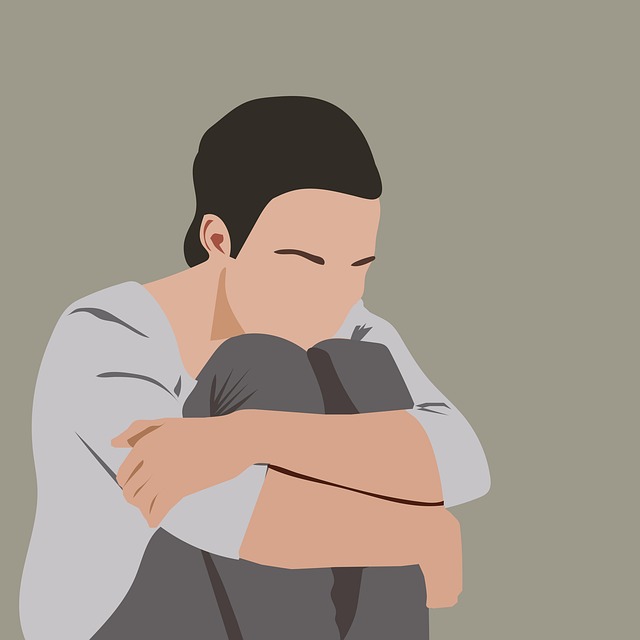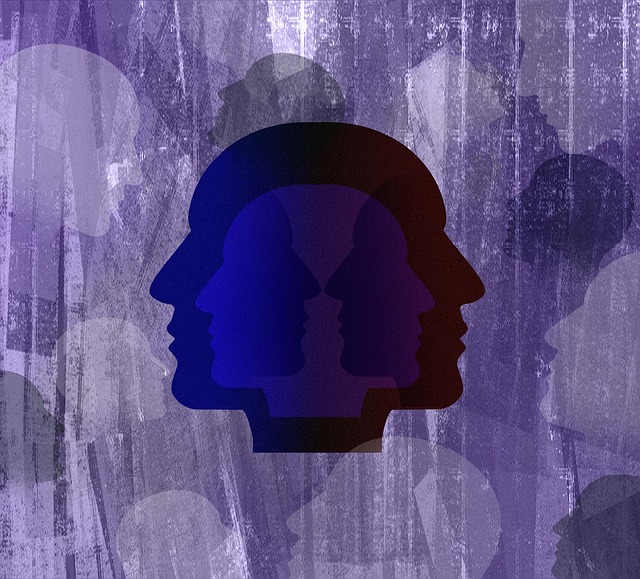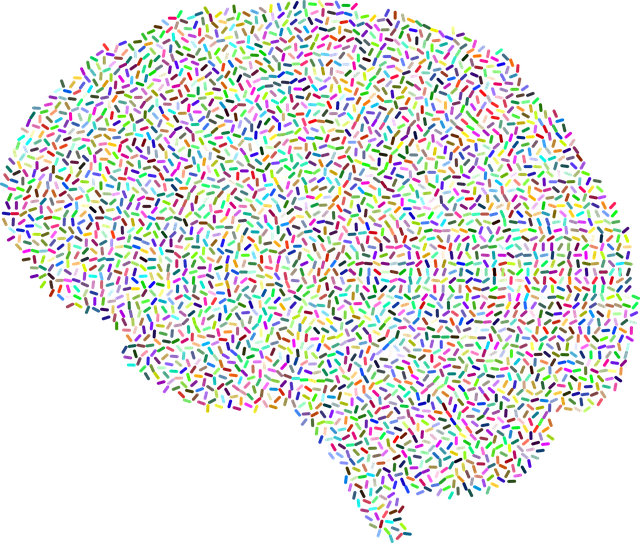The stigma around mental illness, particularly affecting vulnerable groups like the LGBTQ+ community in Colorado Springs, creates barriers to essential mental health support. This leads to isolation and a reluctance to seek help. Colorado Springs Gender Identity Therapy (CSGIT) is reshaping therapy through holistic approaches, including mindfulness, education, and social skills training, breaking down stigma while building resilience. Community involvement, through engagement, dialogue, and collaborative initiatives, plays a crucial role in creating an inclusive environment where everyone feels comfortable accessing mental health care, fostering a vibrant community of support and respect.
Mental illness stigma, a pervasive barrier to healing, significantly impacts individuals across diverse identities. This article explores strategies to reduce this harmful societal construct, focusing on Colorado Springs Gender Identity Therapy as a safe space for transformation. We delve into understanding stigma’s profound effects on mental health and examine effective approaches that empower community engagement. By shedding light on these initiatives, we aim to foster a more inclusive society where everyone can access support without fear of judgment.
- Understanding Stigma: Its Impact on Mental Health and Diverse Identities
- Colorado Springs Gender Identity Therapy: A Safe Space for Transformation
- Strategies for Effective Stigma Reduction: Empowering Community Engagement
Understanding Stigma: Its Impact on Mental Health and Diverse Identities

Stigma surrounding mental illness can have profound effects on individuals across diverse identities. In Colorado Springs and beyond, this social construct often leads to discrimination, isolation, and a reluctance to seek help. Those with unique identities, such as members of the LGBTQ+ community, face additional layers of complexity. For instance, a person struggling with depression and also identifying as transgender might experience compounded stigma, affecting their ability to access adequate mental health support.
The impact is significant, hindering individuals from openly discussing their struggles, which in turn exacerbates feelings of loneliness and despair. Building resilience and promoting stress management techniques are crucial components in combating this issue. Moreover, cultivating cultural sensitivity within mental healthcare practices is essential. By understanding and addressing these barriers, we can foster a more inclusive environment where everyone feels supported in their journey towards recovery, regardless of their background or identity.
Colorado Springs Gender Identity Therapy: A Safe Space for Transformation

In Colorado Springs, a dedicated community of therapists and support staff have been tirelessly working to provide a safe space for individuals navigating their gender identity. This initiative, centered around Colorado Springs Gender Identity Therapy, offers transformative services tailored to meet the unique needs of its clients. Through a comprehensive approach that incorporates mindfulness meditation techniques, these professionals facilitate a supportive environment, fostering personal growth and acceptance. By integrating mental health education programs designed to combat ignorance and promote understanding, along with social skills training aimed at enhancing self-assurance, the therapy centers in Colorado Springs are revolutionizing how gender identity issues are addressed.
This holistic approach not only aids in reducing the stigma surrounding gender identity but also equips individuals with the tools necessary for a fulfilling life. The result is a vibrant and supportive community where everyone can feel seen, heard, and respected. By championing mental health awareness and offering specialized therapy, Colorado Springs Gender Identity Therapy continues to be a beacon of hope for those seeking to embrace their true selves.
Strategies for Effective Stigma Reduction: Empowering Community Engagement

Stigma reduction efforts must prioritize community engagement to be truly effective. By fostering open dialogues and promoting understanding, individuals from diverse backgrounds can contribute to a more inclusive society. In Colorado Springs Gender Identity Therapy, for instance, community members play a vital role in challenging stereotypes and misconceptions surrounding mental health issues. This involves organizing awareness campaigns, participating in local events, and sharing personal stories to humanize experiences often shrouded in secrecy.
Empowering communities means equipping them with the tools to recognize and support individuals struggling with mental illness. This includes educating community members on risk assessment for mental health professionals, encouraging coping skills development, and facilitating emotional healing processes. Through such collaborative initiatives, we can collectively work towards reducing stigma and creating a supportive environment where everyone feels comfortable seeking and receiving necessary care.
Mental illness stigma reduction is a multifaceted process that requires understanding, empathy, and community engagement. As highlighted by Colorado Springs Gender Identity Therapy, creating safe spaces where individuals can transform and heal is instrumental in breaking down barriers. Through strategies that empower community involvement, we can foster an environment where everyone receives support and respect. By acknowledging the impact of stigma on diverse identities and implementing effective reduction tactics, we take significant steps towards improving mental health outcomes for all.














